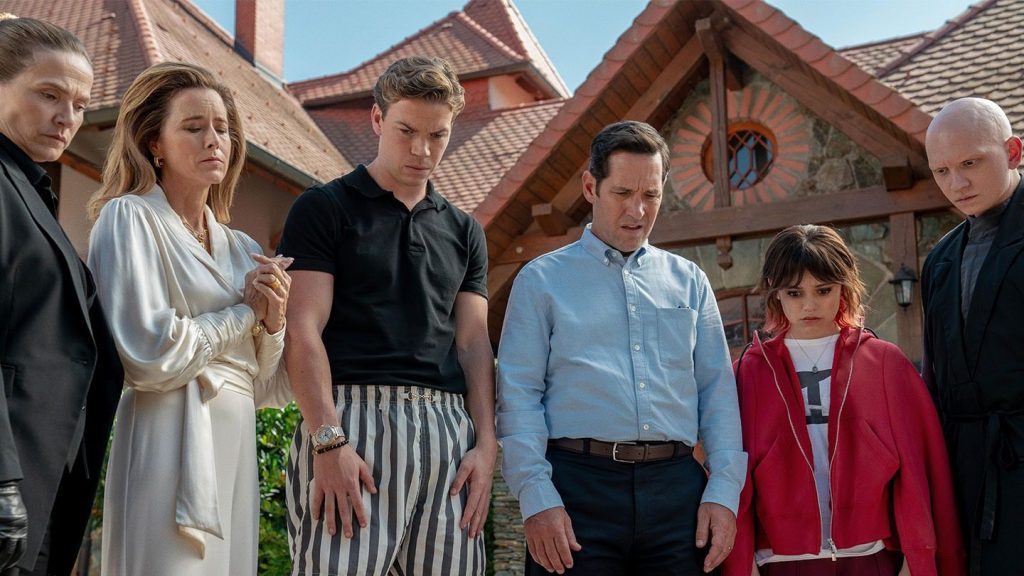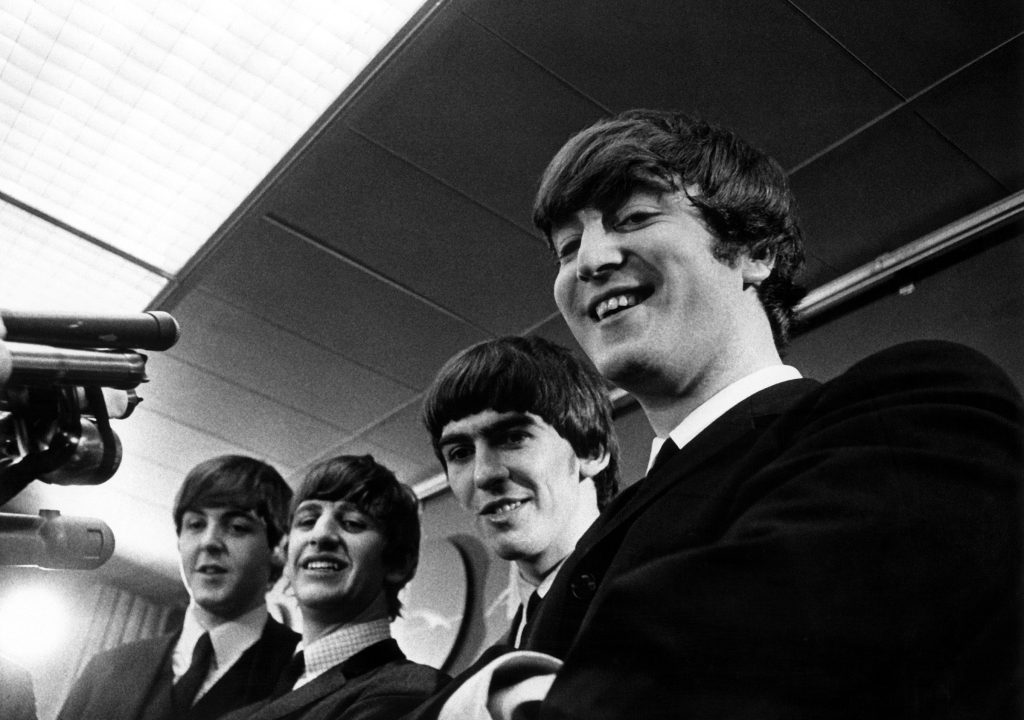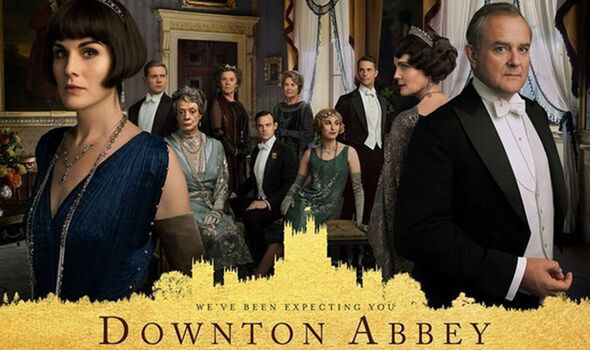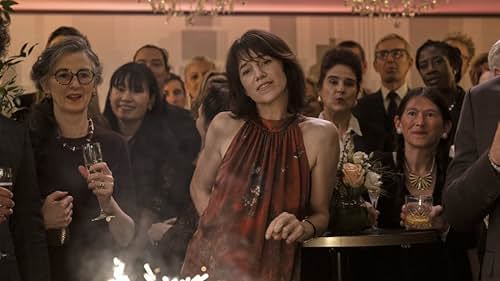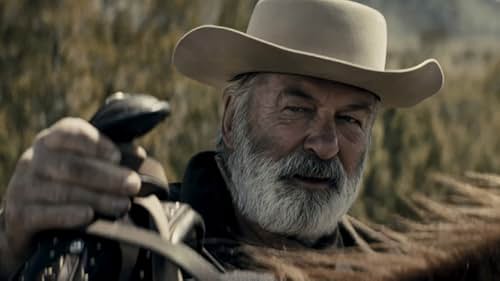“Death of a Unicorn” is a film that defies easy categorization, blending elements of horror, comedy, and science fiction into a unique creature feature that both pays homage to and subverts the genre’s conventions. Directed by Alex Scharfman and featuring a star-studded cast including Paul Rudd, Téa Leoni, Richard E. Grant, and Will Poulter, this movie offers a fresh take on the “Jurassic Park” formula while exploring themes of greed, grief, and the consequences of tampering with nature.
A Unique Blend of Humor and Horror
When I first sat down to watch “Death of a Unicorn,” I wasn’t quite sure what to expect. The premise—a family accidentally kills a unicorn, only to find themselves pursued by its vengeful kin—sounds like the setup for a B-movie. However, the film quickly reveals itself to be something more complex and engaging. The opening scene, in which Elliot Kintner (Paul Rudd) and his daughter Ridley (Jenna Ortega) collide with a unicorn, sets the tone for the rest of the movie: a mix of dark humor and escalating chaos.
The film’s ability to balance these elements is one of its greatest strengths. There are moments of genuine terror, particularly in the later scenes when the unicorns begin their rampage. But these are interspersed with moments of levity, thanks in large part to the performances of the cast. Rudd’s deadpan delivery and Leoni’s sharp comedic timing provide much-needed relief from the tension, while Will Poulter’s portrayal of the obnoxious heir adds a layer of social commentary to the proceedings.
Casting Perfection
The casting of “Death of a Unicorn” is nothing short of exceptional. Avy Kaufman, the legendary casting director, has assembled a group of actors who not only fit their roles perfectly but also bring a level of chemistry that elevates the material. Rudd anchors the film with a grounded performance, allowing the more flamboyant characters around him to shine. Richard E. Grant, in particular, is a standout, bringing his signature exuberance to the role of the terminally ill billionaire Odell Leopold. His scenes are a masterclass in comedic acting, and his character’s arc provides some of the film’s most poignant moments.
But it’s Will Poulter who truly steals the show. His portrayal of the entitled heir is both hilarious and unsettling, capturing the essence of the privileged elite who see everything, even the impossible, as a means to profit. His character’s arc, from gleeful opportunism to terrified desperation, is one of the film’s most compelling aspects.
Visual and Aural Language
Visually, “Death of a Unicorn” is a mixed bag. The film’s CGI is serviceable but not always convincing, particularly in the early scenes. The unicorns often look more like animated visions than realistic creatures, which detracts somewhat from the film’s overall impact. However, the final act features some impressive visual effects that make up for the earlier shortcomings. The film’s use of color and composition is also noteworthy, particularly in the scenes set in the sprawling estate, which are both beautiful and foreboding.
The film’s score is another highlight. It perfectly captures the film’s blend of humor and horror, with moments of playful whimsy giving way to tense, orchestral pieces as the action escalates. The sound design is equally impressive, with the unicorn’s distinctive roar and the ambient sounds of the estate adding to the film’s atmosphere.
Themes and Social Commentary
At its core, “Death of a Unicorn” is a film about greed and the consequences of ignoring the natural order. The Leopolds’ attempts to profit from the unicorn’s blood and horn serve as a metaphor for the wealthy’s exploitation of resources, both natural and supernatural. The film also explores themes of grief and loss, particularly through the characters of Elliot and Ridley, who are struggling to cope with the recent death of Ridley’s mother. While these themes are sometimes underdeveloped, they add a layer of depth to the film that sets it apart from other creature features.
Personal Reflections and Final Thoughts
Watching “Death of a Unicorn” was a surprisingly enjoyable experience. Despite its flaws, the film’s blend of humor, horror, and social commentary kept me engaged from start to finish. The performances of the cast, particularly Poulter and Grant, are standout moments that make the film worth watching. While the CGI could have been better, the film’s strengths in casting, direction, and thematic depth more than make up for its visual shortcomings.
In the end, “Death of a Unicorn” is a film that reminds us not to mess with things we don’t fully understand. It’s a silly, fun ride that offers a refreshing take on the creature feature genre, and it’s sure to leave you entertained and thinking about its deeper messages.

